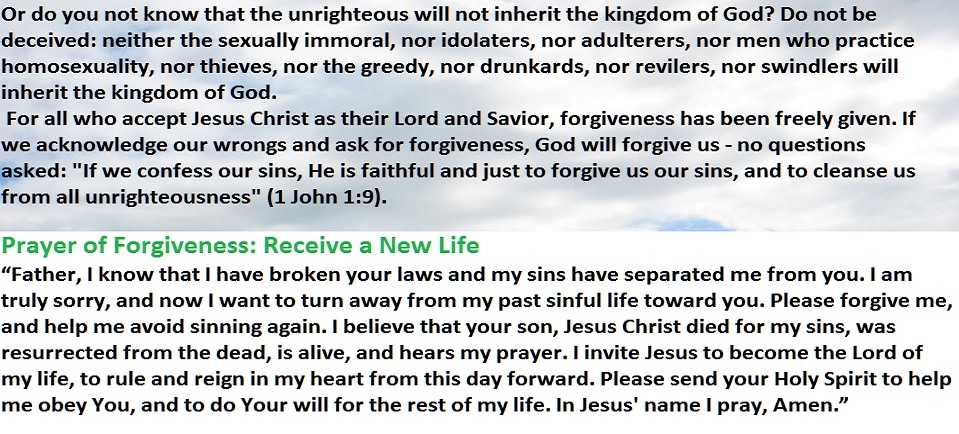The goal Of Cluain Meala, lyrics and guitar chords
Written by James Callanan 1820s, also known as The Convict Of Clonmel. recorded by The Dubliners with Luke Kelly [ songs ] singing, I have also given the guitar chords in the key that Luke sings the song in. The sheet music is included. An Irish folk song.
|
[C]How hard is my[G] fortune
How vain my re[C]pining The strong rope of[Am] fate For my young neck is [G]twining My [C]strength has departed My [G]cheeks sunk and [C]sallow As I languish in[F] chains In the[G] gaol of Clûn [C]Malla No boy in the village Was ever yet milder I could play with a child And my sport be no wilder I could dance without tiring From morning til evening And my goal ball I'd strike To the lightning of heaven At my bedfoot decaying My hurley is lying Through the lads of the village My goal ball is flying My horse 'mongst the neighbours Neglected may fallow While this heart young and gay Lies cold in Clûn Malla Next sunday the pattern At home will be keeping The lads of the village The fields will be sweeping And the dance of fair maidens The evening will hallow While this heart Young and gay lies cold in Clûn Malla Here are the guitar chords as played by Luke Kelly and The Dubliners.
[A]How [D]hard is my[A] fortune How [C#m]vain [A]my re[D]pining The strong rope of[Bm] fate For my [A]young neck [Bm]is [A]twining My [D]strength has [C]departed My [G]cheeks [Bm]sunk and [A]sallow [D]As I languish in[Em] chains In the[A] gaol of Clûn [A]Malla |
Luke Kelly learned the song The Jail Of Clonmel
from his good friend Liam Clancy. When The Clancy Brothers and The Dubliners were travelling around Ireland preforming at the fleadh cheoils they used to meet up at various pubs to swop songs. |
This is a song from the time of the agrarian troubles in the second half of the
eighteenth century, when the Whiteboys were engaged in intimidating land-
lords. The Whiteboys were members of small, largely Catholic, peasant
bands in Ireland. First organized (c.1759), a secret oath-bound society,
which for about seventy years had plagued the authorities with intractable
problems in rural Ireland. The Whiteboy disturbances first broke out in
Clogheen in Co. Tipperary, in the year 1761, when groups of men assembled
by night to level ditches which landlords and graziers had erected around the
common land on which, until then, the people had enjoyed free grazing
rights. At first they were called Levellers, but soon additional grievances
with regard to rent and tithes were added. As the movement spread they be-
gan wearing white shirts, and soon became known in the Irish language as
Buachailli Bána or Whiteboys. The purpose of the white shirt was so that
they could recognise one another in the dark. Later their hostility (1775-85)
was largely aimed at tithe collectors. The tithe collectors taxed Protestants of
all denominations and Catholics to support the one established (Anglican)
"Church of Ireland" even though these Protestants and Catholics were not
members.
eighteenth century, when the Whiteboys were engaged in intimidating land-
lords. The Whiteboys were members of small, largely Catholic, peasant
bands in Ireland. First organized (c.1759), a secret oath-bound society,
which for about seventy years had plagued the authorities with intractable
problems in rural Ireland. The Whiteboy disturbances first broke out in
Clogheen in Co. Tipperary, in the year 1761, when groups of men assembled
by night to level ditches which landlords and graziers had erected around the
common land on which, until then, the people had enjoyed free grazing
rights. At first they were called Levellers, but soon additional grievances
with regard to rent and tithes were added. As the movement spread they be-
gan wearing white shirts, and soon became known in the Irish language as
Buachailli Bána or Whiteboys. The purpose of the white shirt was so that
they could recognise one another in the dark. Later their hostility (1775-85)
was largely aimed at tithe collectors. The tithe collectors taxed Protestants of
all denominations and Catholics to support the one established (Anglican)
"Church of Ireland" even though these Protestants and Catholics were not
members.


